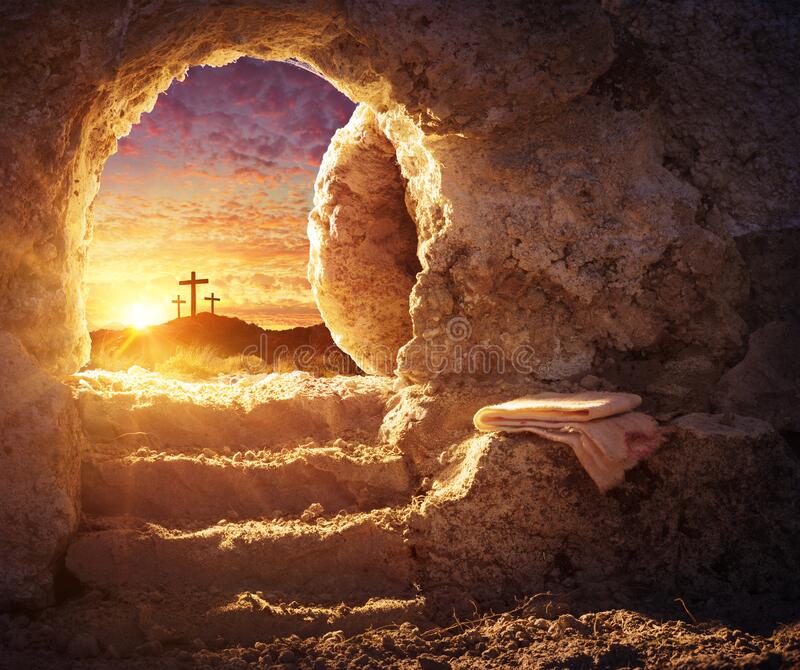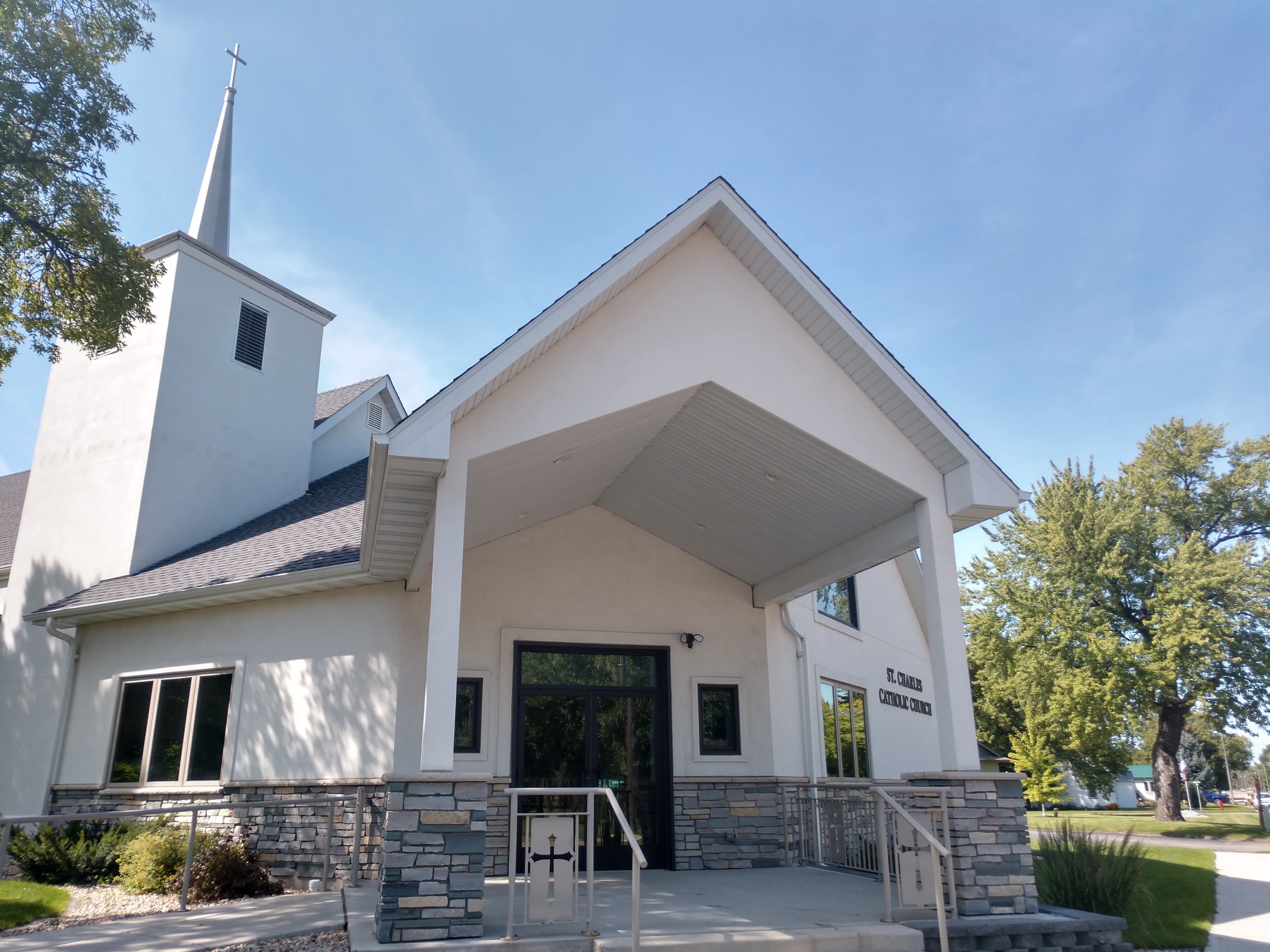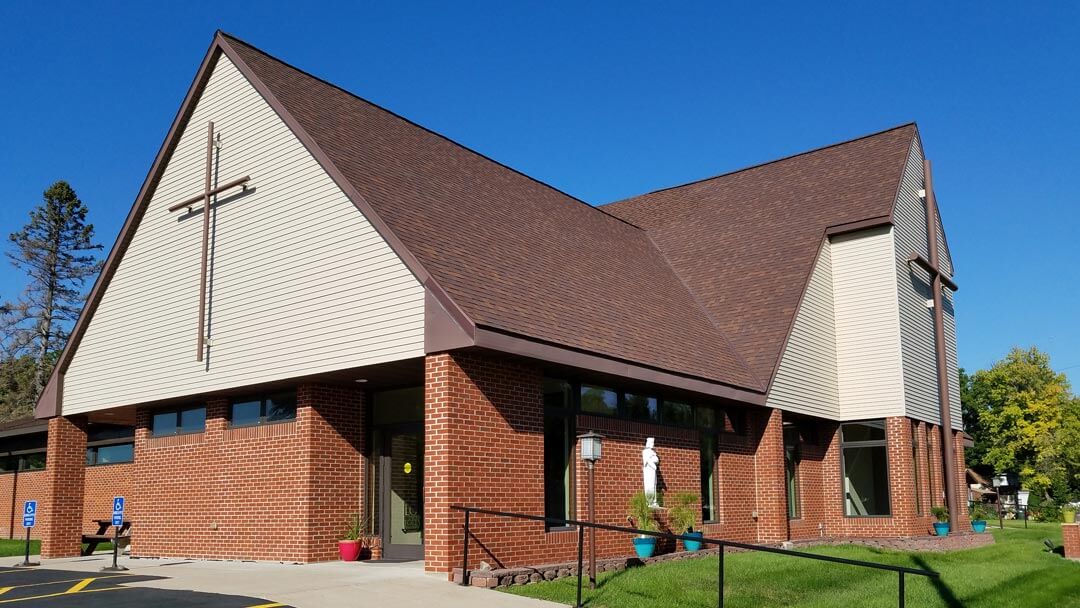The Sacrament of Holy Orders – commonly called “ordination” – is one of the two sacraments of vocation, the other being the Sacrament of Marriage. The specific vocation of those ordained is to carry on the work that Christ gave to His Apostles (Catechism of the Catholic Church 1536). Within the Sacrament of Holy Orders are three degrees of ordination: diaconate, presbyterate, and epicapate.
The diaconate, whose members are called “deacons,” are ordained to serve others. From apostolic times, the Church has found the ministry of deacons essential to serving the Faithful adequately; since there were so many Christians, the apostles ordained deacons to serve, especially by bringing the Eucharist to those who were too infirm or ill to attend Mass (see: Acts 6:1-7). Further, deacons are conformed to Christ is a very special way; “the sacrament of Holy Orders marks them with an imprint (“character”) which cannot be removed and which configures them to Christ, who made himself the “deacon” or servant of all'” (CCC 1570).
Those ordained to the presbyterate serve the Church as priests and are referred to by their title “Father.” While some have tried to challenge the idea of this familial title, its origin is in the Bible from Saint Paul himself, where he writes “I became your father in Christ Jesus through the Gospel” (Mass everyday and Confession often throughout the week. The sacraments, along with pastoral counseling, and caring for the sick and dying are the primary duties of the presbyterate. In fact, there is only one sacrament that the presbyters of the Church cannot confer: Holy Orders – and that brings us to the final rank in this sacrament.
The Episcopate is the fullness of the Sacrament of Holy Orders and those ordained to the episcopacy are called the bishops. While the duties of the bishops vary widely, their most notable roles are presiding over a diocese and ordaining new clergy for the Church (CCC 1575). While the Church belongs to Christ and is governed by Him, the sacrament of Holy Orders is “a grace of strength” (CCC 1586) to be able to lead the Church in the Most Holy Name of Christ the Savior.



